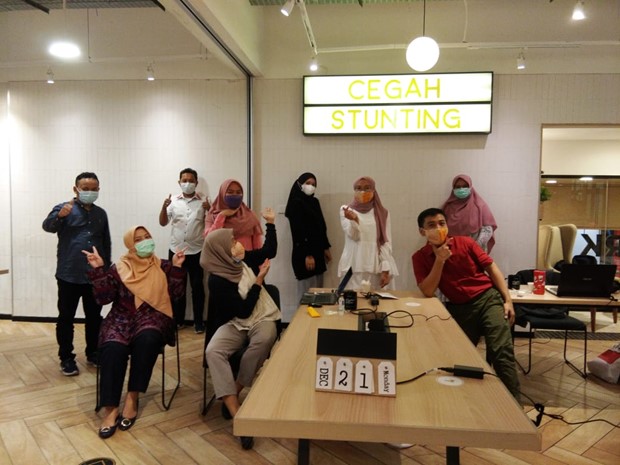Feature Image Caption: SUN Indonesia working to “cegah stunting” (“prevent stunting”). For more information about the SUN movement in Indonesia, visit – https://linktr.ee/SUN_Indonesia.
At the first N4G Summit in 2013, 110 stakeholders committed to prevent at least 20 million children from being stunted – saving at least 1.7 million lives by 2020. These commitments deliver much-needed action on policy and financing commitments to the Sustainable Development Goal (SDG) 2—Ending Hunger in All its Forms—which is an underlying driver of 12 of the 17 SDGs. As we continue the Nutrition for Growth Year of Action, take a look at how pledges made during the N4G summits in London (2013) and Milan (2017), have brought about positive impacts on global nutrition.
Indonesia is a large country made up of thousands of islands with broad geographic and cultural diversity. Because of this diversity, the central government recognizes that district-level efforts are critical to achieving its commitment to improve community nutrition, including reducing the prevalence of stunting to 14% as described in the National Mid-Term Development Plan 2020-2024. All stakeholders, including NGOs, academic institutions, and businesses, are engaged and share this responsibility.
To encourage district-level commitments, the government issued a National Strategy (Stranas) for the Acceleration of Stunting Reduction, led and signed by the vice president in 2018. The strategy was created to integrate stunting reduction efforts into a policy framework – central to district level – including but not limited to planning and budgeting conducted by the Ministry of National and Development Planning and the Ministry of Finance. In addition, the National Strategy regulated efforts to strengthen stunting reduction programs in prioritized districts, which have been monitored by the Ministry of Internal Affairs and the Ministry of Village. The Ministry of Internal Affairs has established Key Performance Indicators (KPIs) to assess stunting reduction efforts at the district level. Additionally, the central government is affliated with Scaling Up Nutrition (SUN) Networks at the regional level, which facilitate dialogues with local stakeholders and design a reward system to recognize efforts at the district level.
Indonesia’s efforts to strengthen its commitment and integrate stunting reduction programmes at the regional level have shown positive results. As of January 2021, 358 District Heads out of 360 prioritized districts had signed the commitment to support the acceleration of stunting reduction in Indonesia. Some of the districts have created innovative stunting-reduction programs. For example, an organic “urban village” in Ende, West Nusa Tenggara was initiated to improve access to quality food. It was carried out by 11 groups of farmers in the Rewarangga village. Another district, Banggai, succeeded in reducing the stunting rate to zero with assistance from Universitas Hasanuddin.
Moreover, 25 ministries, 40 business organizations, 11 donors and UN agencies, 34 civil society organizations, and 37 academic and professional organizations contribute to the SUN movement via the respective Networks. SUN Indonesia holds meetings to evaluate and disseminate the contributions of its members in Joint-Assessment and SUN Annual Meeting (SUNAM). SUN Indonesia aims to intensify the collaboration across sectors at the national and sub-national level, which requires long-term commitment from all stakeholders. Mrs. Margaretha (Wahana Visi Indonesia – SUN Civil Society) captured the core message of these efforts to reduce stunting when she said, “If you want to walk fast, walk alone. But if you want to go far, walk together.”
The commitments from stakeholders should be replicated at the sub-national levels (i.e., state) to ensure stunting and/or other nutrition problems are clearly addressed in their development plan documents. Then, the assistance should be adjusted according to the situation in the field. Securing commitments from leaders at the national and sub-national level will ensure their support to scaling up nutrition – particularly the acceleration of stunting reduction.

